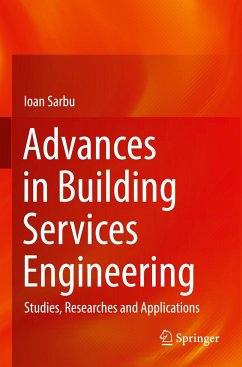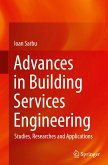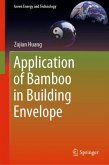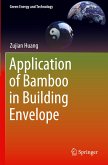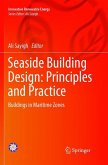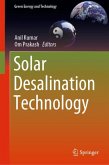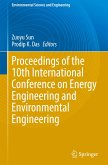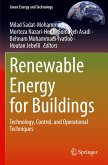This book provides a comprehensive, systematic overview of original theoretical, experimental, and numerical studies in the building services engineering domain. It brings together different strands of the topic, guided by the two key features of energy savings and reduction of the pollutant emissions. Technical, economic, and energy efficiency aspects related to the design, modelling, optimisation, and operation of diverse building services systems are explored.
This book includes various theoretical studies, numerical and optimisation models, experiments, and applications in this field, giving an emphasis to:
indoor environment quality assurance; energy analysis, modelling, and optimisation of heating systems; improving the energy performance of refrigeration and air-conditioning systems; valorising the solar and geothermal energies; analysis of thermal energy storage technologies; hydraulic simulation and optimisation of waterdistribution systems; and improving the energy efficiency of water pumping.
With 11 pedagogically structured chapters, containing numerous illustrations, tables, and examples, this book provides researchers, lecturers, engineers, and graduate students with a thorough guide to building service engineering.
This book includes various theoretical studies, numerical and optimisation models, experiments, and applications in this field, giving an emphasis to:
indoor environment quality assurance; energy analysis, modelling, and optimisation of heating systems; improving the energy performance of refrigeration and air-conditioning systems; valorising the solar and geothermal energies; analysis of thermal energy storage technologies; hydraulic simulation and optimisation of waterdistribution systems; and improving the energy efficiency of water pumping.
With 11 pedagogically structured chapters, containing numerous illustrations, tables, and examples, this book provides researchers, lecturers, engineers, and graduate students with a thorough guide to building service engineering.

